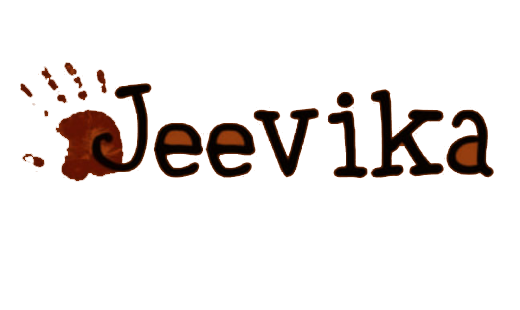| Best LONG Documentary | Les Derniers hommes éléphants – Last of the Elephant Men By Daniel Ferguson and Arnaud Bouquet Duration: 1:26:00 |
| Filmed over several years in stunning and remote locations across Cambodia, Last of the Elephant Men is an elegy for the domestic elephant in Asia and a plea to protect the remaining wild population. The story follows three Bunong from different generations – each showcasing fascinating and moving aspects of the bond between people and elephants. Ultimately the themes of these stories apply to many traditional cultures – a microcosm for the link between biological and cultural diversity and the pressures they both face worldwide. | |
| Best SHORT Documentary | Dancing Shoes by Rishebh Batnagar and Jogavindra S. Khera Duration: 0:26:00 |
| There is a completely different side to the tale of this slum. Dharavi is home to numerous success stories. “Dancing Shoes” follows the inspiring journey of 34-year-old shoemaker, Jameel Shah. The son of a poor Bihari farmer, this young man never gave up on his Bollywood dreams. Today, from a tiny 10×10 foot room in Dharavi, Jameel constructs world-class dance shoes for celebrities, including: Katrina Kaif, Kajol, Priyanka Chopra, Abhishek Bachchan, Farah Khan, HrithikRoshan, Ranbir Kapoor and international superstar Kylie Minogue. | |
| Best STUDENT Documentary | Sagar Manav by Tanumoy Bose Duration: 0:21:00 |
| A lighthouse attendant, Chaman Bhai Charlie, lives on an island in the Arabian Sea, making his livelihood. As he spends time there all by himself, the days seem to never pass and nights are lonely and cold. | |
| Caste on the Menu Card by Ananyaa Gaur, Anurup Khillare, Atul Anand, Reetika Revathy Subramanian & Vaseem Chaudh Duration: 0:21:00 | |
| The film delves into the idea of food as a site of exclusion by focusing on beef-eating practices in Mumbai. It attempts to portray the prevalence of caste differentiations as seen in the food choices of people in the city, and touches upon concerns related to livelihood, social inclusion and human rights. By tracing the mythological and historical roots of the meat-eating culture in our country, the film discusses the hierarchy maintained by Brahminical preferences and its intended subversions. This is seen in the stand taken on dealing with the political economy of the leather and meat industries. The film follows the ruptured background of universities’ caste politics over the demand of inclusion of beef in institutions. It observes that many restaurants in Mumbai offer beef delicacies, but off the menu. Thus, the film title reads ‘Caste on the Menu Card’. | |
| Best CINEMATOGRAPHY | Tyres by Kyaw Myo Lwin Duration: 0:30:00 |
| A tyre recycling workshop in South Okkalapa in Myanmar’s former capital of Yangon is a site of multiple uses and multiple deaths, for this is the place where defunct tyres are transformed from their original shape and use, and are reborn into new and completely different lives. Filmed almost entirely in black-and-white, this observational documentary gently explores a community of tyre cutters and recyclers, young and old, male and female, as they create with their super-sharp blades, careful eyes and skilful strokes, buckets, brushes and slippers from discarded rubber tyres. | |
| Best EDITING | Les Derniers hommes éléphants/Last of the Elephant Men by Daniel Ferguson and Arnaud Bouquet Duration: 1:26:00 |
| Filmed over several years in stunning and remote locations across Cambodia, Last of the Elephant Men is an elegy for the domestic elephant in Asia and a plea to protect the remaining wild population. The story follows three Bunong from different generations – each showcasing fascinating and moving aspects of the bond between people and elephants. Ultimately the themes of these stories apply to many traditional cultures – a microcosm for the link between biological and cultural diversity and the pressures they both face worldwide. | |
| JEEVIKA FREEDOM Award | Caste on the Menu Card by Ananyaa Gaur, Anurup Khillare, Atul Anand, Reetika Revathy Subramanian & Vaseem Chaudhary |
| The film delves into the idea of food as a site of exclusion by focusing on beef-eating practices in Mumbai. It attempts to portray the prevalence of caste differentiations as seen in the food choices of people in the city, and touches upon concerns related to livelihood, social inclusion and human rights. By tracing the mythological and historical roots of the meat-eating culture in our country, the film discusses the hierarchy maintained by Brahminical preferences and its intended subversions. This is seen in the stand taken on dealing with the political economy of the leather and meat industries. The film follows the ruptured background of universities’ caste politics over the demand of inclusion of beef in institutions. It observes that many restaurants in Mumbai offer beef delicacies, but off the menu. Thus, the film title reads ‘Caste on the Menu Card’. |

